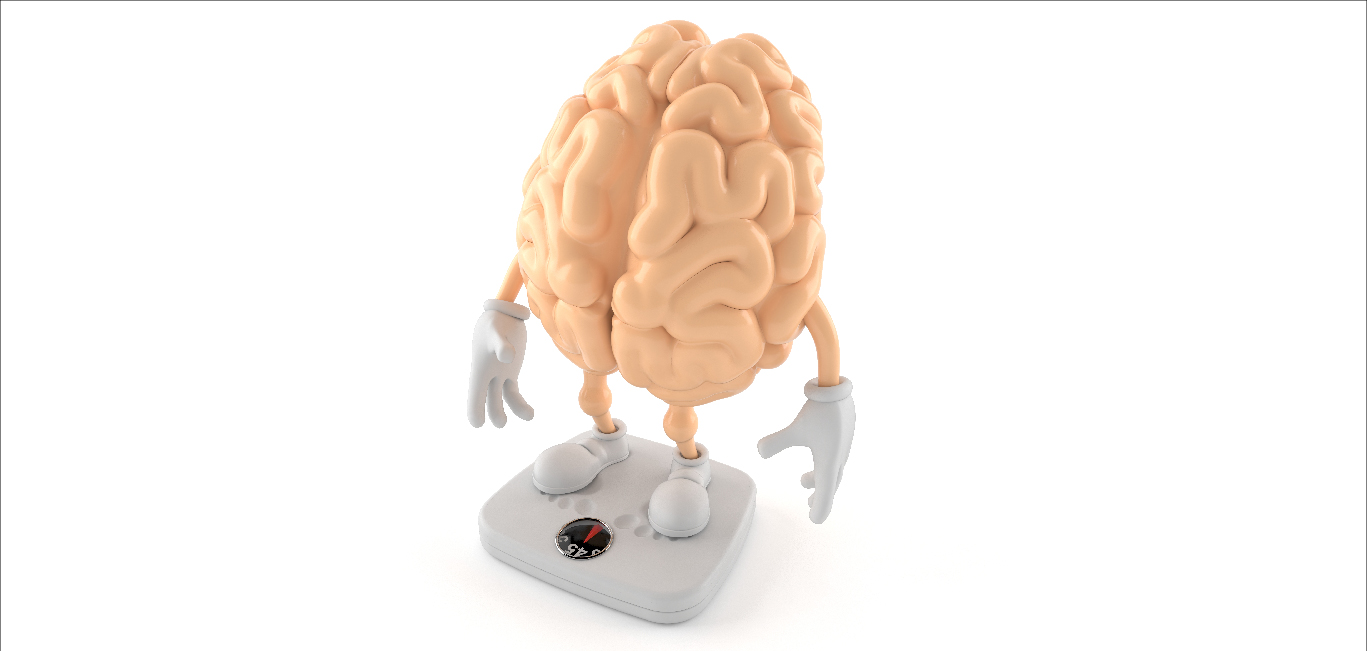
A new study published in the Journal of Alzheimer’s Disease on 31 January 2023 has found that obesity could increase the risk of Alzheimer’s and cause the same type of neurodegeneration.
The study’s findings also suggest that shedding excess weight could help to reduce the risk of Alzheimer’s and dementia.
When we consume more calories than we burn, the extra nutrients are converted to fat molecules and stored in the adipose tissue or the fat tissue that extends throughout the body. As the fatty tissue bulks up, it turns deleterious and causes obesity.
The World Health Organization (WHO) defines overweight and obesity as having an abnormal or excessive accumulation of fat that may impair health. Obesity has been flagged as a growing global concern arising out of excessive consumption of processed foods, sedentary lifestyles, improper nutrition, stress, and lack of sufficient exercise. According to the WHO 2022 report, more than a billion people battle obesity.
Immune system’s overdrive
Previous studies found that excess fat accumulation triggers a low-level chronic inflammation condition in the body. As a result, the immune system gets into overdrive to fight the inflammation. The continuous triggers lead to metabolic syndromes, diabetes mellitus, insulin resistance, cardiovascular disease, and neuroinflammation – among the risk factors for neurodegenerative diseases such as Alzheimer’s.
Based on these reports, the researchers of the present study from McGill University Canada investigated whether high-fat deposits affect brain structure. They found a significant change in the thickness of the brain’s outer layer, called the cortex.
Brain structure, function get hit
“Obesity affects the brain’s structure and function. Of particular relevance to this study is the fact that obesity is related to lower cortical thickness and volume in certain brain areas that are related, for example, to long-term memory and executive functioning,” Filip Morys, first author of the study, told Happiest Health.
In addition, studies in rodents have shown that obesity increases the accumulation of toxic proteins like amyloid beta and damages the blood-brain barrier. This, in turn, affects cognitive ability and memory and increases the risk of Alzheimer’s.
To date, no research had concluded the link between obesity and Alzheimer’s-like conditions of structural changes and loss of neuron function. This study has attempted to bridge the gap in understanding it.
How the research was conducted
The researchers analysed the clinical data of 1,300 individuals and studied the data under three groups: obese condition, those with Alzheimer’s, and a healthy group. They further classified the obese group into lean, overweight, and obese subgroups based on the body mass index. They further divided the Alzheimer’s group also into mild dementia, severe Alzheimer’s, and those with both obesity and Alzheimer’s.
They used MRI scans to observe the brain patterns and levels of amyloid beta and tau protein accumulation in all the categories. First, they compared the data of obese individuals with non-obese individuals and Alzheimer’s individuals with healthy individuals.
Read : A probiotic memory boost: Research shows promise as Alzheimer’s treatment
Read : Obesity: the reasons lie in the brain at birth
From the scans, the researchers found that the brain structures and neuron functions were similar in the obesity and Alzheimer’s groups. Moreover, both groups had a thinner cortical lining and fewer neurons than normal.
Cortical thinning
Cortical thinning is a hallmark of neurodegeneration. As the neurons dwindle, the cortex becomes thin.
“Our study strengthens previous literature pointing to obesity as a significant factor in Alzheimer’s disease by showing that cortical thinning might be one of the potential risk mechanisms,” says Morys in a statement.
In addition, the study suggests that obesity and Alzheimer’s may cause similar neurodegeneration via cortical thinning.
“Our results highlight the importance of decreasing weight in obese and overweight individuals in mid-life, to decrease the subsequent risk of neurodegeneration and dementia,” Morys adds.
Next, Morys’ team plans to investigate whether weight loss can improve brain health and mitigate the risk of Alzheimer’s.

















